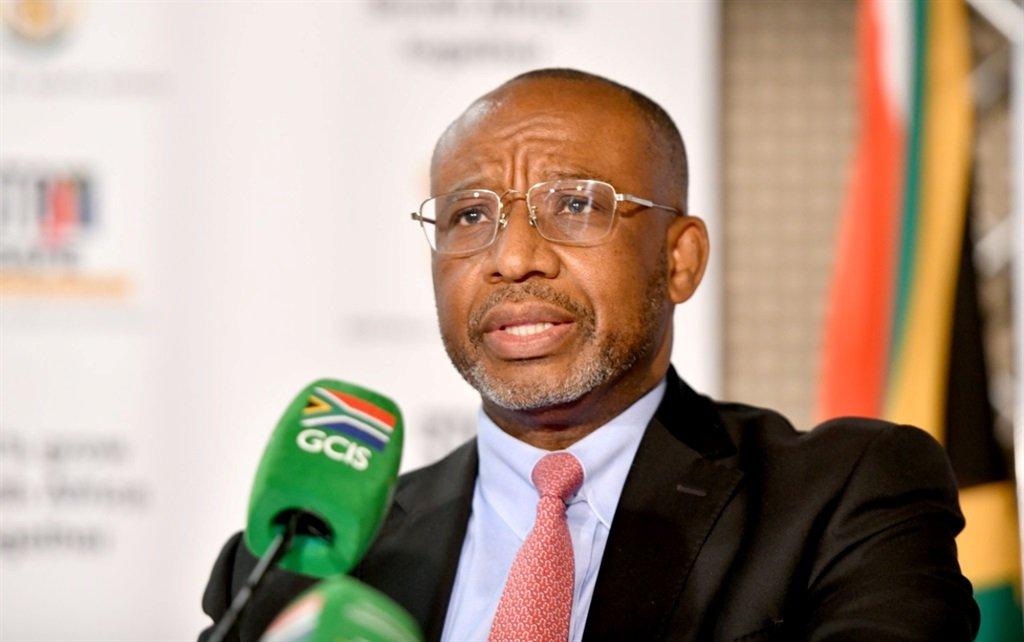Africa-Press – South-Africa. SA’s COP26 climate finance deal, in which five developed economies pledged $8.5 billion to support the energy transition, will be a more complex negotiation than first imagined, as each country comes up against its own political and legal requirements.
The deal is being watched closely internationally, with hopes that countries elsewhere will follow in SA’s footsteps with concessional funding from the rich world to fund the energy transition in the developing world.
Both COP26 president Alok Sharma and UK climate ambassador John Murton were in the country this week for talks with SA Cabinet ministers. While the Just Energy Transition Partnership (JetP), as it is called, has made progress in establishing a secretariat and governance procedures, the real negotiations are yet to start.
READ
| After slow progress, SA races the clock for COP billions plan by November
There is no information yet on the composition of the $8.5 billion, which will blend a small amount of grant funding with concessional funding from development finance institutions to leverage private funding. There is also no line of sight on the terms of the various loans, or which projects will be financed by the JetP.
While the JetP had envisaged one agreement and one financing package backed by all the partners – which include the UK, US, EU, Germany and France – this is looking less likely as funder countries and their development finance banks come up against the legal and political reporting requirements in their countries.
In a joint briefing by head of the Presidential Climate Finance Task team Daniel Mminele and Murton on Wednesday, Mminele said that an overarching agreement was still first prize.
Said Mminele:
But as the law in some cases was a constraint, the next best outcome would be “to ensure that the overarching principles are set appropriately”.
Murton said negotiators would be looking to “strike a balance between the ideal of a single package that is easy to administer and the reality of the country-by-country requirements that are enshrined in law”.
The UK, for instance, does not have a development bank like France and Germany and so would have to find other ways to lend to a foreign country.
“That makes it difficult to have a single process,” said Murton.
In a briefing on Tuesday evening, Sharma made clear that while the plan was to be proposed by SA, it would be one in which individual projects would be evaluated, each on their own merits.
Murton also made clear that the deal’s success would depend squarely on SA meeting its side of the bargain: a faster reduction of carbon emissions than is contained in government energy plans.
Minister of Mineral Resources and Energy Gwede Mantashe said earlier this month that a decision had been taken to review the Integrated Resource Plan, which is the government’s long-term energy plan, but there were no timelines to this yet.
For More News And Analysis About South-Africa Follow Africa-Press






